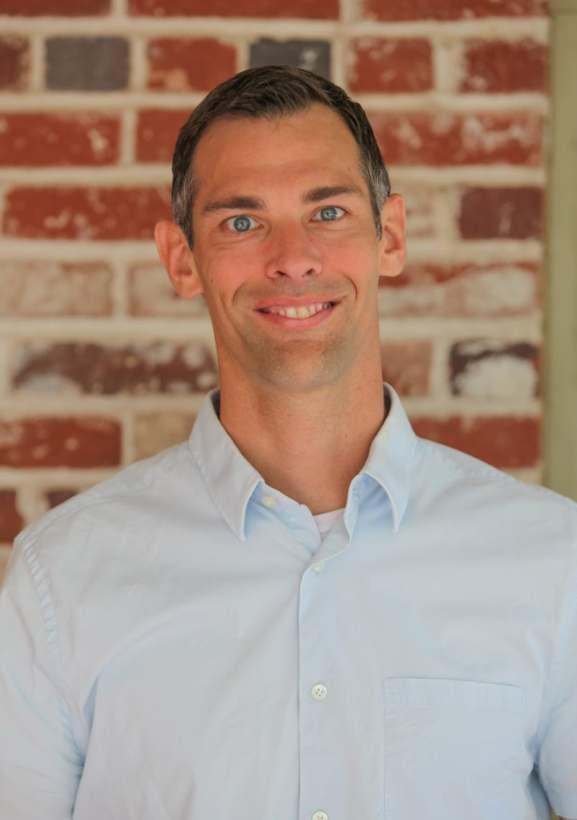














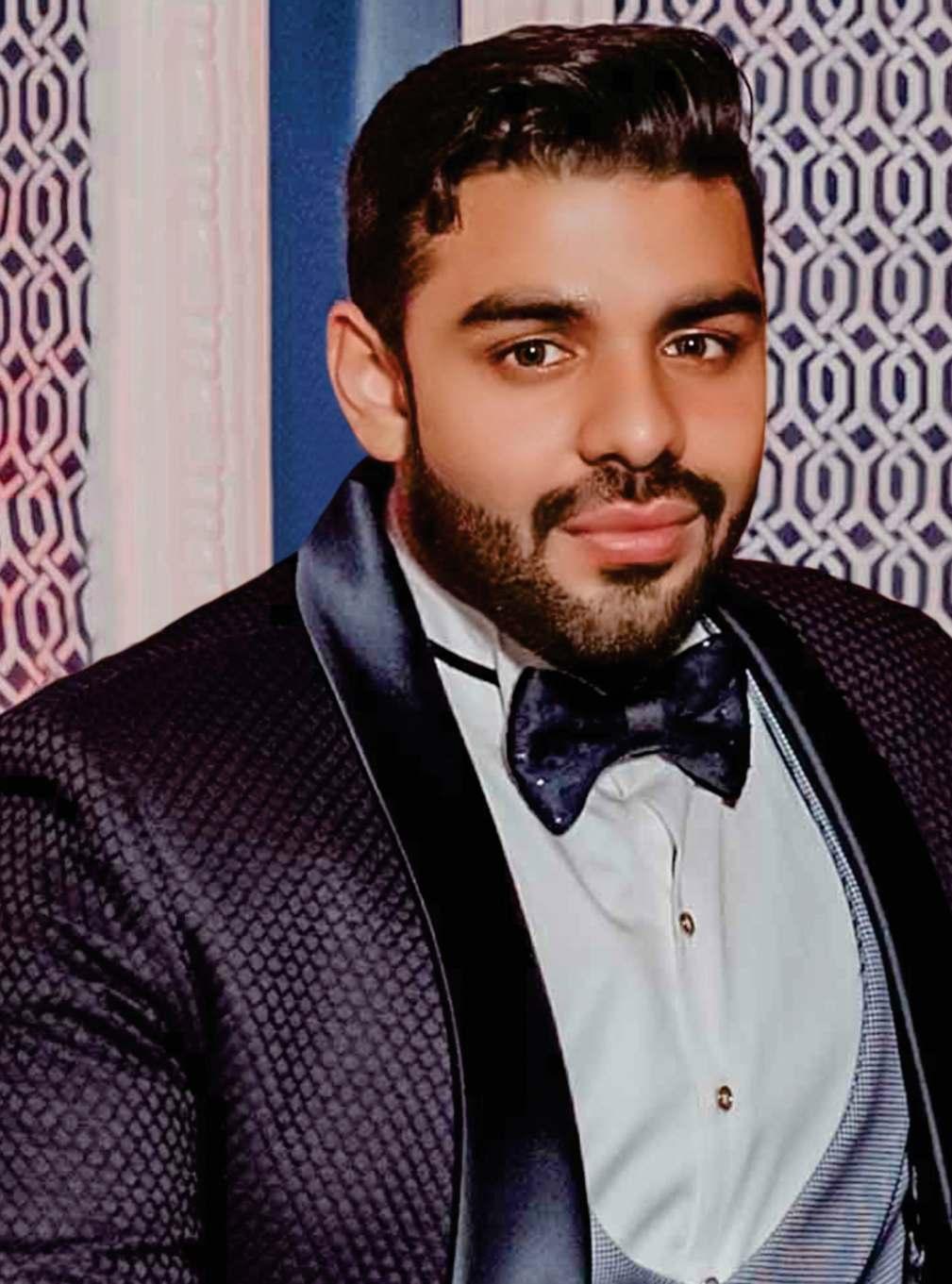









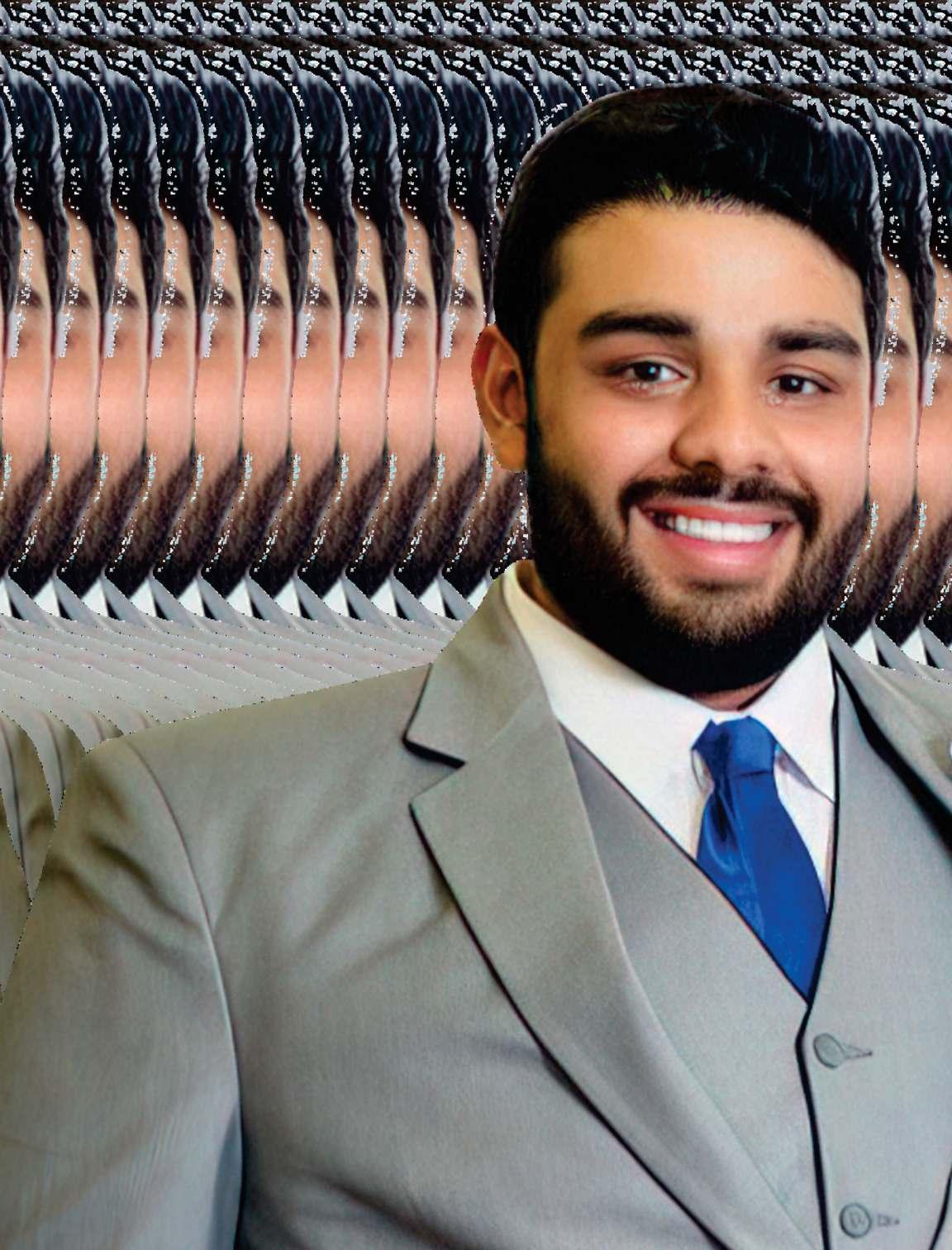


A trailblazer is someone who truly sets themselves up for success. They are known to be innovators and do things that have never been done before. They welcome problems and gain momentum by overcoming them.
Trailblazers bring everything they have to accomplish their goals — through their vision, their passion, their determination, and their willingness to learn. As leaders, they question assumptions, take risks, and transform the present for a different future.
One such pioneer who exudes unmatched drive, passion and rigor is Pranav Arora. Pranav is the Head of Division at Just Funky, a familyowned premier manufacturer with more than four decades of combined experience in manufacturing, licensing, retail, and creative development and offers manufacturing of licensed and private label merchandise.
He is also the CEO of JMTD Holdings, a private equity �irm providing capital and invaluable partnerships to globally recognized industry leaders.
Pranav believes that entrepreneurship isn't easy, “Sometimes it may feel easy when everything is going right, but the hard work comes when you're trying to make it out on the other side of a nightmare week,” he adds.
Despite facing several trials and tribulations in life and business, he truly feels that if someone has all the traits listed above, this is what will set them up as revolutionary leaders in their industries.
Imagine a world where experimentation becomes central in our lives as opposed to an afterthought.
That's the life Pranav has led from his early years.
“Business has been in my blood as far as I can remember,” he says. And he kept the feeling of experimenting alive by being on top of things and letting his curiosity glide.
“I would constantly share my business ideas with my parents from a young age,” he says. Then, in
middle school, he started his �irst "business," where he would sell packs of gum and pencils to his classmates in between classes. “This was my �irst taste of entrepreneurship; I was in love,” he recalls fondly.
As a 16-year-old, he started his �irst successful venture, Highly Educated. “I spent all of my spare time throughout high school and the �irst half of college growing my business, and then eventually dropped out of college to devote my full attention to my company,” he says.
This was the time where he learned to organize, to collaborate, to sell, to think like an entrepreneur. He learned—often unconsciously—and earned practical knowledge that turned out to be a great advantage in hindsight.
Little did he know that his early entrepreneurial experience was the ideal preparation for leading his own businesses later in life. “It was the best decision I ever made. That was my �irst million-dollar company and is what stoked the �ire in me to continue that pace into today,” he shares.
Just Funky was not an overnight success. It took over four decades, a dedicated team, a muscle for adaptability and continuous innovation to get the brand's name on the map.
Based out of Ohio, Pranav Arora brings his rich experience in the business, media and �inance industries and he upholds his
family-owned business in the highest regard.
Currently, Just Funky's specialty areas include drinkware, impulse and novelty items, decor, and apparel. The company has more than 20,000 independent retail partners across North America and, more recently, the European Union.
Their products can be found at a number of big-name retailers, which bolstered their success. This includes the likes of Hot Topic, Gamestop, Target, and Spencer's. Pranav and his team set goals with an end in mind which eventually resulted in the global expansion of their of�ices in Los Angeles, New Delhi, Ohio, London, and Hong Kong.
As a serial entrepreneur, he realizes that it's integral to play games you understand and deliver beyond customers' expectations.
With that vision in his heart, his company's main goal is to create the most innovative product with unmatched quality. “We focus on brainstorming new ideas and being able to translate them to actual products for mainstream retail,” he says.
Just Funky stood the test of time as a premiere manufacturer of licensed and private label merchandise for decades and Pranav feels that there are many reasons for this.
Firstly, it is the warm yet dominant feeling of belongingness. He says, “There's a certain sense of community
that cannot be replicated by other retailers.” It is because of this; his company is able to continuously extend superior and customized services to their clients and customers.
Entrepreneurship will sometimes make you feel alienated from the rest of the world. But if you believe in what you're doing, your hard work and determination will pay off and you’ll be so proud of yourself for not letting anything get in the way of your dreams.
Secondly, he feels that it's the ability to create thousands of products that set Just Funky apart from its competitors. Later, his team forged ahead to collaborate with some of the world's largest brands, without sacri�icing two key elements: quality and innovation.
These two reasons have also helped the company to be recognized as the 'Top Consumer Goods Company by Business of Shopping'.
It takes forever to build a business and stay the course for years, let alone four decades.
Pranav credits this extraordinary success of the brand to the entrepreneurial spirit of his team and loyal customers.
Currently, Pranav serves as the Head of Division at Just Funky. His responsibilities include overseeing all the units and divisions, heading up special projects, and improving B2B and B2C relationships.
Invariably, the entrepreneurial ride up until here wasn't easy. Pranav recalls his journey to be an exciting one from the very beginning as it had several breakdowns and breakthroughs.
‘‘
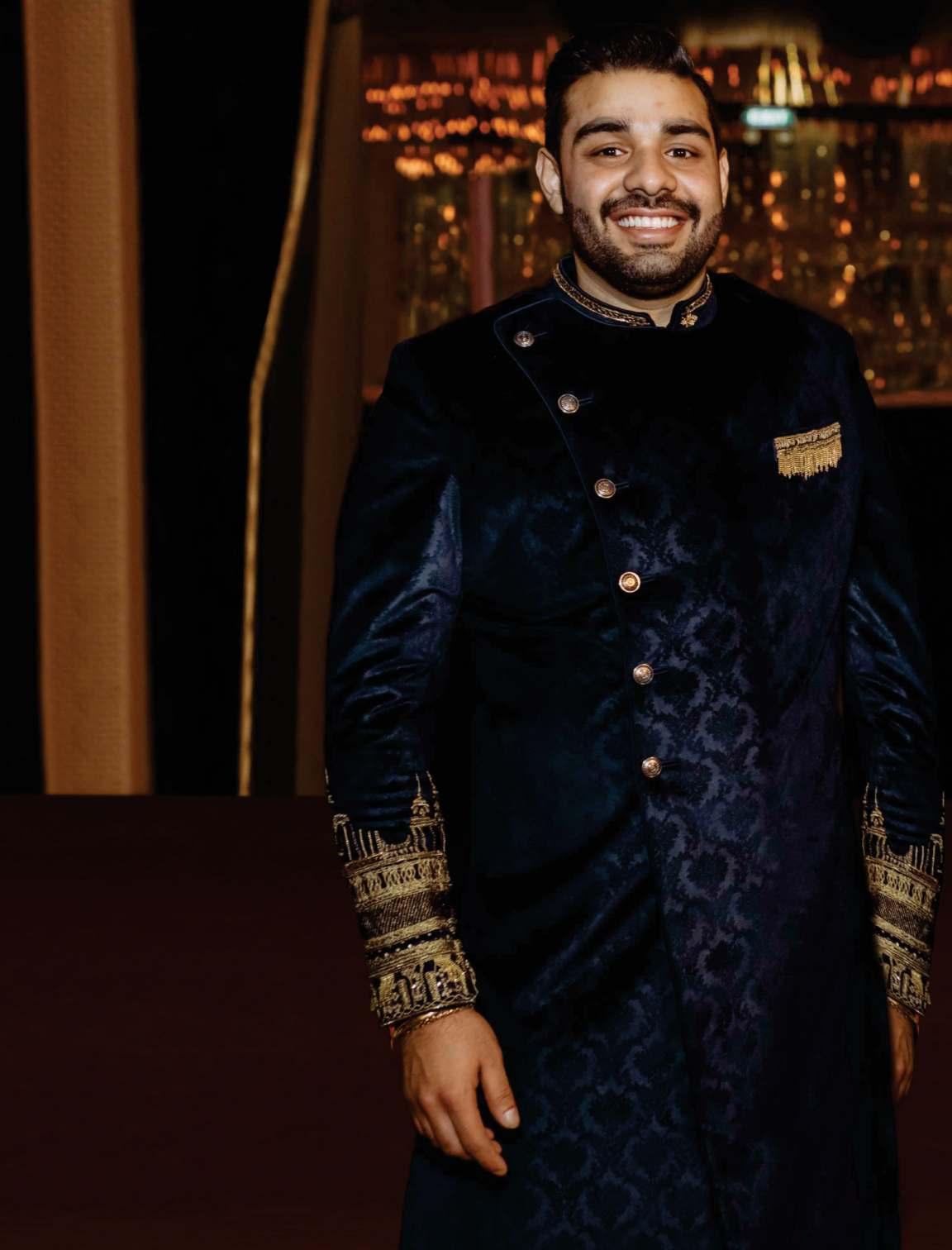




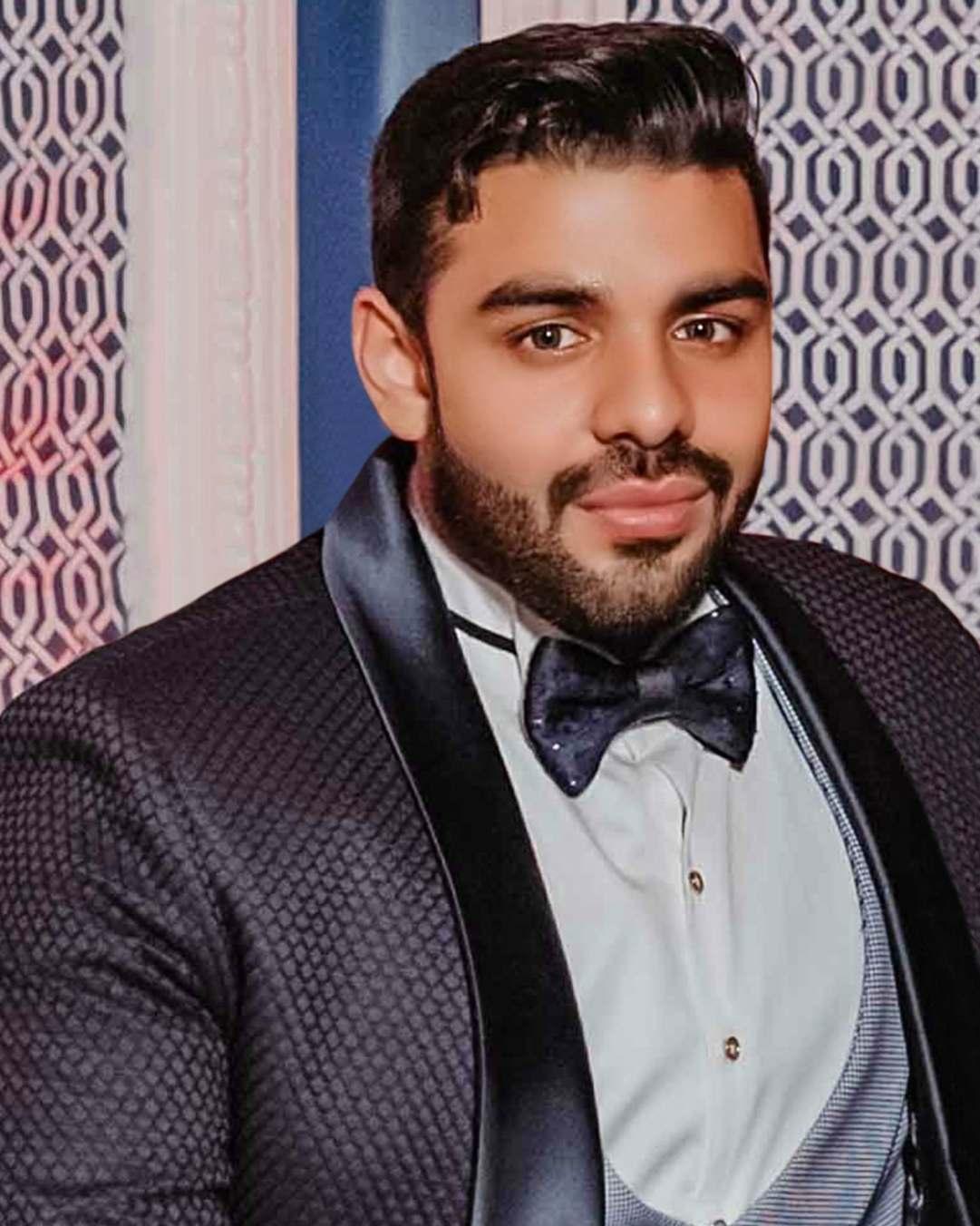
“It comes with its fair share of challenges —something that every entrepreneur goes through,” he says. However, problem-solving is one of his favorite parts of entrepreneurship, so that has taught him a thing or two.
But he doesn't think there's anything he would do differently if he were to start over again.
However, there is one thing that he feels he would work on: To accept that not everyone is going to have your back. “That was a dif�icult realization to have, and I struggled with it a lot at �irst, so that could have saved me a little grief at the start of my entrepreneurial journey,” he says.
Outside of his professional endeavors, he is an avid philanthropist who supports many causes, including funding education efforts and helping children in need.
He is Chairman of the Board for The Arora Foundation, which provides educational opportunities and resources to underprivileged and marginalized communities, and Vice President and Chairman of the Board of Directors for The Just Funky Foundation, an awardwinning non-pro�it organization passionate about creating opportunities for students everywhere.
Being successful means learning from people who have already accomplished their dreams. And having a mentor is a blessing to any entrepreneur but not everyone can �ind one in person.
The world is brimming with new ideas, but success comes to those who take action. After �inding fortune and success, Pranav is optimistic about Just Funky's future.
He says, “I think the future is bright. We will continue to onboard new talent everyday which is extremely important for our success.”
Additionally, he is humbled by the immense growth of his brand as it has a growing global presence with of�ices in Ohio, Boca Raton, Los Angeles, Hong Kong, and India, boasting hundreds of employees.
Interestingly, he is also the sole founder of Just Funky's sister ecommerce company, Stunned Mind, which is on its way to become one of the world's leading commerce companies.
Besides being a serial entrepreneur, investor, and venture capitalist, he loves to spend his time with family and travel around the world.
In case you haven't found your personal business mentor, here's one piece of advice that Pranav has for young and aspiring entrepreneurs: Never give up
He believes that courage is like a muscle — the more you exercise it, the stronger it becomes. This is especially useful when there would be days where you would question the outcome of your efforts and not everyone would believe in your vision, including your family and friends. The key to this is to trust the process, put faith in yourself
and �ind a way to overcome the obstacles.
He also feels that entrepreneurship will sometimes make you feel alienated from the rest of the world. “But if you believe in what you're doing, your hard work and determination will pay off and you'll be so proud of yourself for not letting anything get in the way of your dreams,” he adds.
Exeleon Magazine features some of the leading players in business and shares their journey of excellence to inspire aspiring leaders across the globe.






evisiting the past year, many changes took place because of an all-consuming pandemic worldwide. With disruption setting up the new normal, great strides are being taken by real estate players to capitalize on this through advanced and innovative methods. However, home ownership comes with its own set of challenges for the buyers. The lack of transparency, mounds of paperwork, and unnecessary delays can be an intimidating process for potential home seekers, especially �irst-time retail buyers.
To help combat these issues, Amy Buynoski is changing the face of the mortgage industry through her simple solutions. Amy is a lending
of�icer at South State Bank with almost 20 years of experience and leads a team that provides unparalleled service to her clients.
According to Amy a leader is someone “who can see how things can be improved and will go above and beyond to achieve their vision. They are someone who shares the same goals and values as their team which allows them to achieve their goals.” She also believes being emphatic is another key attribute that de�ines a leader and helps form long-lasting connections with people.
Amy began her journey in the
mortgage industry by taking a class to become an appraiser. She quickly realized that she wanted to have more day-to-day contact with people. This elevated her to become a lending of�icer and it has been her one and only career since then. During her journey, she fell in love with helping people and making their dream of homeownership a reality.
South State Bank's mission is to make the mortgage process easy. Amy and the BuyNow Team started their relationship with South State in December of 2019. From the beginning, they were supported by a staff that truly cared about the customer experience. This was done by ensuring that there are loan of�icers to work closely with
the clients at every step of the way.
Amy and her team do not look at a customer as just another application, and thus found it important to be with a company that understands the customer's pain points and �inds sustainable results.
As with all industries, COVID-19 has had a drastic impact on the entire Financial Services industry and has allowed banks, such as South State Bank, to provide their clients with a more ef�icient experience through improved technology.
While the face-to-face aspect of the Financial Services industry may be evolving, South State has been able to thrive in this new environment with their exceptional technology features and personalized customer services to each client. Now, more than ever, the client deserves to feel a more personal connection to their �inancial institution, and Amy and her team are proud to provide that in each aspect of their bank.
“COVID hit and we had to adjust our normal way of going about doing loans, but through the thick of COVID we were supported and given the best tools to end 2020 on a great note,” she recalls.
Amy also credits South State's �lexibility to provide all the resources and tools that were needed to continue with the work. She says, “We found ways to communicate without being in the same of�ice as other staff. Through
zoom, teams, and the good old fashion telephone we kept open communication with everyone. We stayed competitive with rates by following the market and keeping up with the day-to-day news.”
Everyone on the BuyNow team shares the same goal — ensuring optimal client satisfaction. Amy says, “Each team member has responsibilities to ensure the client is receiving timely updates and are meeting contractual deadlines.” She believes her team's determination, talent, and like-minded goals are key drivers in making her succeed as a trailblazing leader.
Additionally, her team are experts in the residential lending industry who keep their borrowers informed throughout the process, so they know what is happening at each step. They like to think outside the box when solving problems for their clients. Besides this, they also offer complimentary second opinions for borrowers to compare lenders and ensure they have made the best �inancial decision for themselves and their family. The positive letters and emails from customers are a huge testament to the quality of services that are delivered.
Amy believes in forming a deep relationship with her clients and their future, “We are not the transaction team. We view it as being a part of someone's story and the impact it has on them, their family, and their future. We love connecting with people.” In addition, the collective experience
of her and her team has allowed them to navigate through almost every situation, fearlessly.
Another fact that brings out the best out of the BuyNowTeam is their communication channel. “I have open communication with my clients from the very beginning,” she adds. They personally call their clients and ensure all the options are in a lucid and digestible form. Moreover, providing detailed emails with reminders of things to-do and not-to-do like including 10 Commandments of Home Buying, whiteboard videos, and in-process milestone emails makes the interaction more trustworthy, personal, and wholesome.
However, for any young leader looking to enter the Financial Services industry, Amy would highly recommend that opportunity for long-term personal and professional growth. “Throughout my career in this industry, I have experienced so much growth in both aspects of my life and will cherish those rewards and memories long after the next generation of young professionals have entered the workforce,” she concludes.
The Financial Services industry is growing more complex and more competitive with each passing day and South State is striving to leave their mark for the long-term in this industry. As cut-throat as the business may be, it cannot replace how you treat people and the services you provide clients. Partners will remember the process
and how they were treated. Customer service and experience will win every time. People will want to work with people who they can trust, and who they know care about them and their future. Amy is excited to be a part of such a great institution and knows the best is yet to come for South State Bank, her team, and her community.
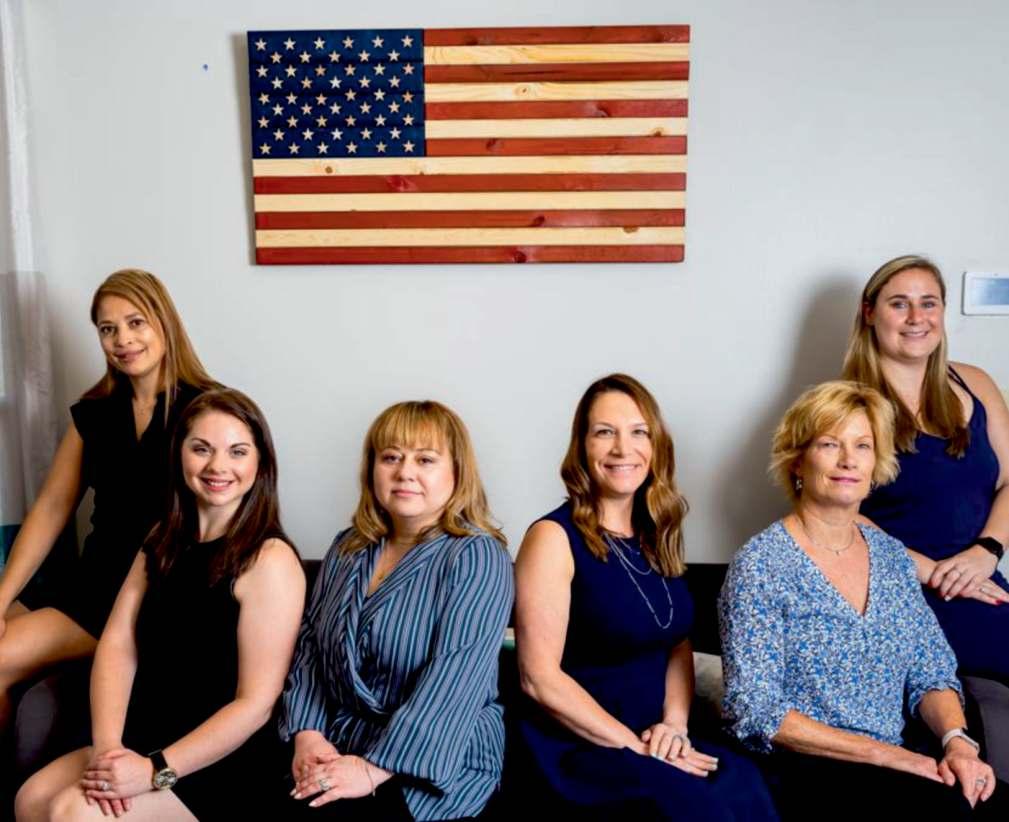
While uncovering her future course of actions for the company, she says, “In the next few years I see the
South State growing and becoming well-known throughout the South. We are constantly looking for the next direction in how to better the Bank and in the past year and a half we have already doubled. I am excited about the South State's future.”
Amy's heart is �illed with gratitude for the work she gets to do every day. “I am thankful that I have a career that allows me to make a difference in someone's life. I am
also thankful that my career has allowed me to meet so many wonderful people and the friendships I have built over the years. The day is not easy, but it is incredibly rewarding, and I honestly love my job and the people I work with,” she concludes.


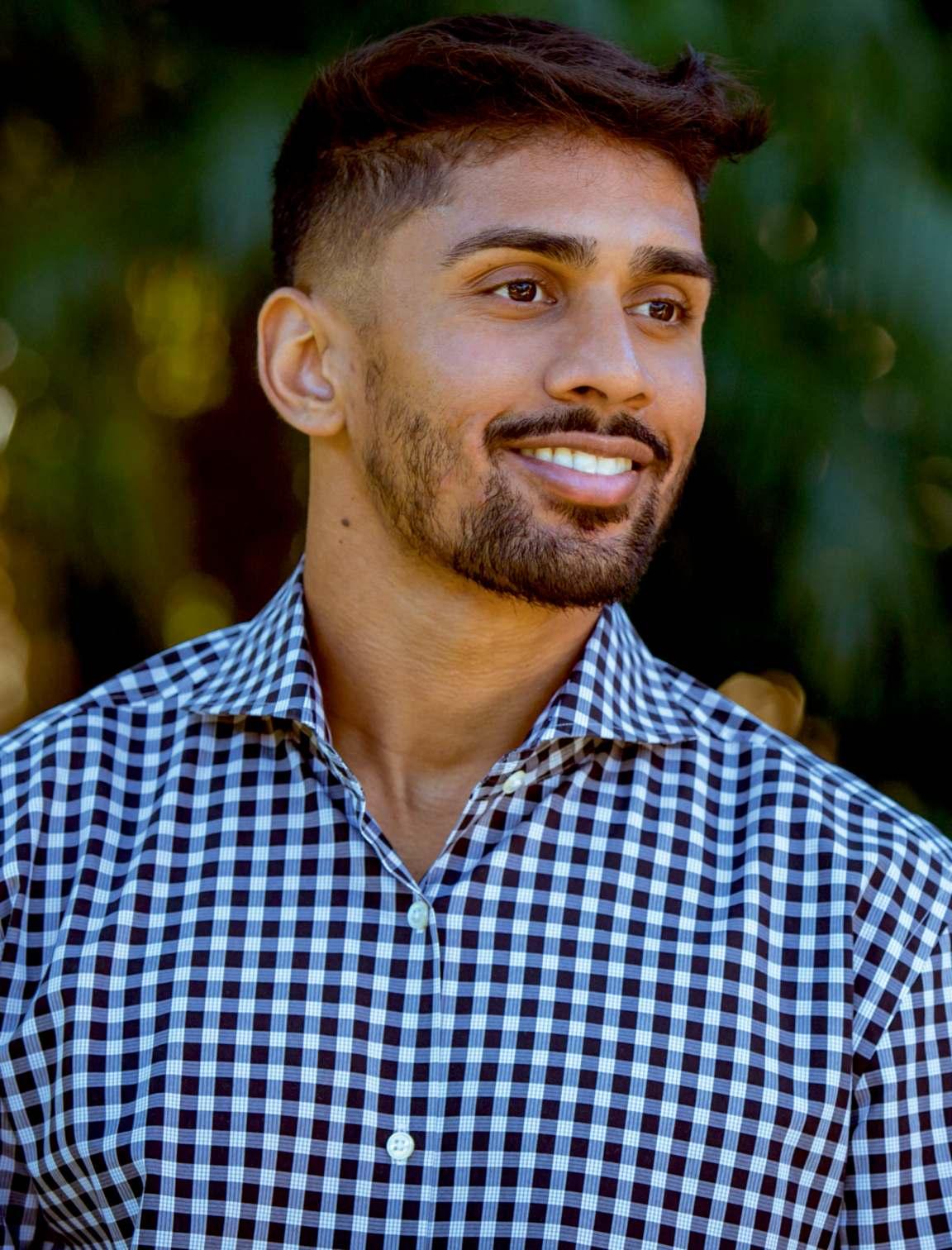
eal estate has enabled many
Rpeople to turn over a new leaf in life, it is a �ield that can create very lucrative and rewarding careers for those who �ind success in it. That said, it also demands hard work, remarkable acumen and a lot of desire. Consequently, it is important to be armed with the right insights and attitude to optimize your path to success and be the next real estate mogul.
Amidst the uproar of numerous real estate entrepreneurs, one distinctive story that stands out is that of Sunny Dharod's.
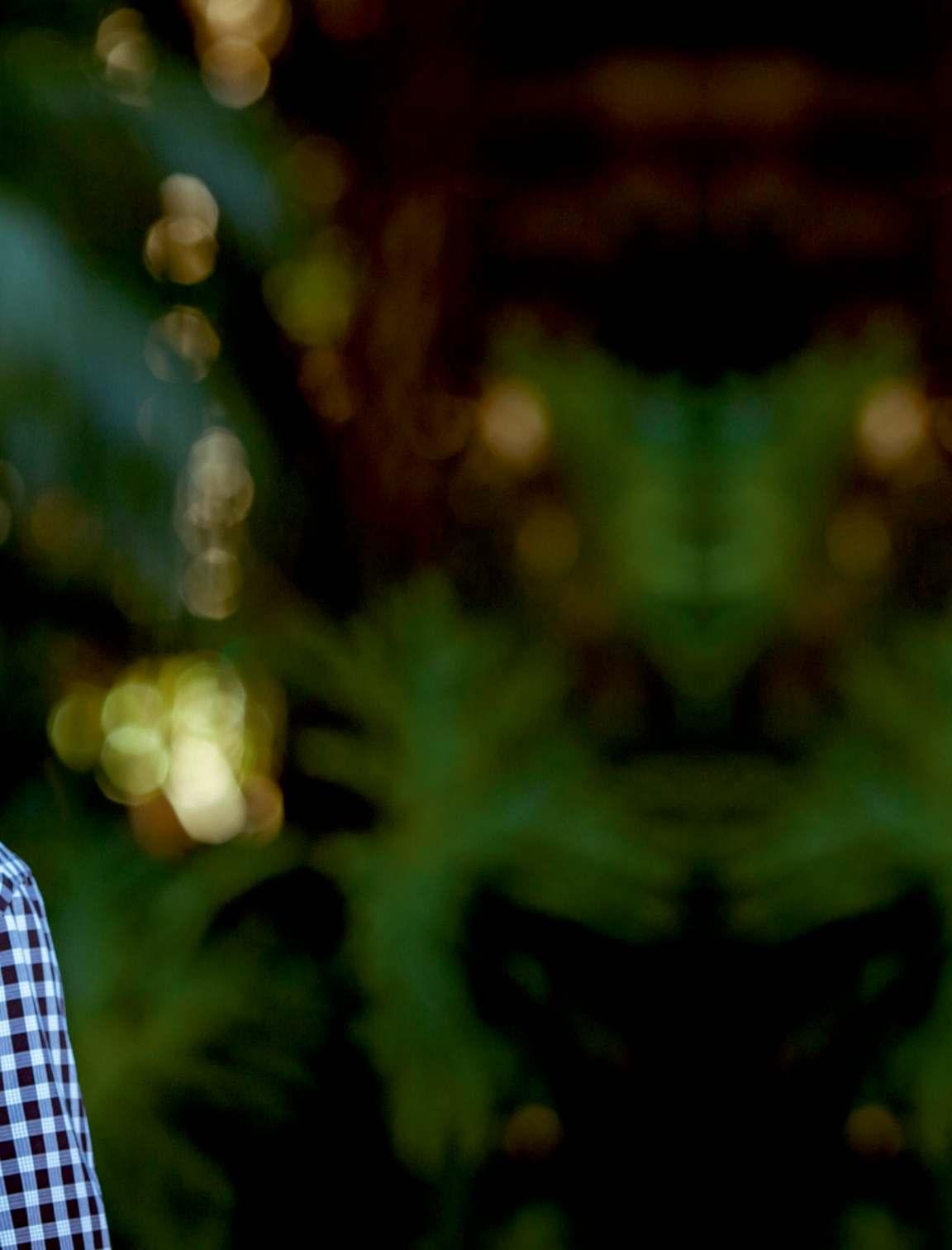
As the Principal of Silver Star Real Estate, Sunny strives to provide the best communities and services in his markets possible for his residents. Moreover, the company's mission is to improve assets and drive value for its investors.
The foundation of his leadership is based on a quote that has captivated him since childhood, “It is not the strongest of the species that survives, nor the most intelligent. It is the one that is most adaptable to change, that lives within the means available and works cooperatively against common threats.” It took a long time for him to grasp the full meaning of this quote but as time went by he seemed to understand it more and more.
Sunny's growing up years were fueled with his enthusiasm and inquisitive mindset. During his younger years he wanted to play in the NBA but since that didn't work out, he soon found a new area to explore – the restaurant industry.
Therein, Sunny was involved at all different levels; from being a crew member to handling drive-throughs to becoming a shift leader and �inally a manager. He eventually started his own pizza concept for a brief period as well. “Working in restaurants for that period of time taught me many valuable lessons and gave me a newfound respect for those who work in the food service industry,” he recalls.
Although Sunny learned many things from the restaurant business, he did not have a passion for it. In 2013, Sunny took a risk and began a new journey in real estate. He started off with managing a small residential multifamily community in Buena Park. “The process of learning the day-to-day management and later going through a full renovation program at this property taught me a lot in a very short amount of time,” he says. By 2015, Sunny had a grasp on what to look for in a good multifamily investment and began his journey into real estate acquisitions.
Shaking hands with success in the real estate industry was �illed with a mixed bag of challenges and opportunities for Sunny. His journey has been successful so far but not without meaningful lessons along the way that have helped to shape his life and career today. “It's been an incredible process to have gone from a kid who didn't know where his passion would lie to growing into someone who wants to open every door possible in his craft,” he recalls.
In the most unanticipated of ways, a very small idea with the right strategy and execution can become an empire. The genesis of Silver Star was actually the result of a suggestion from one of the IT guys at the original �irm. Years of successful restaurant operations had built up excess cash reserves in the company's bank accounts that were earning such low amounts of interest that the money wasn't even keeping up with in�lation. It was with this capital that the company began buying multifamily assets after one of the IT members made the suggestion and thus Silver Star was born. “We needed a place to put the money and one of our IT guys actually suggested apartment buildings. It's crazy how things can begin but de�initely happy things turned out the way they did,” Sunny adds.
Sunny believes that one of the advantages his �irm has is the “ability to quickly adapt and implement new strategies to maximize growth year over year.” He also takes a very different approach in �inding solutions to diverse problems. “I don't look at things from just one angle or have one cure all strategy for anything that comes up, each moment and situation is different so I try to be the missing piece of whatever puzzle we are trying to solve at that given time,” he comments.
As Principal, Sunny believes it's most important to master all aspects of ones profession because “at the end of the day the company's direction and ultimately its success or failure depends on your decisions.” He adds, “On some days I need to �igure out why our team is unable to rent a particular unit at a particular price and the next I may be focusing on �iguring out how to best �inance a deal we just got under contract.”
There were many businesses that were forced to shut shop due to the impact of COVID-19. Despite the pandemic wreaking havoc, Silver Star's continued success was an outcome of its adaptability.
Throughout this time, Sunny overcame uncertainties that gave him the con�idence to go after his goals with even more conviction.
Between 2015 to 2020, Sunny relentlessly worked towards �inding, �inancing and closing deals in a competitive industry. Many mornings he was up as early as 4am responding to emails to and planning the priority items out in order to
keep up with the �inancings and acquisitions of different projects. When COVID hit, as someone true to his word, Sunny followed through and closed every deal that he had under contract at the time. “Almost all �irms including ours decided to hold off on putting new deals under contract until we had a better grasp on what the exact effects of COVID would be on multifamily assets and the economy as a whole,” he says. Silver Star was not shaken when most people got spooked and backed out of deals and potential partnerships.
On a personal front, Sunny did not let the impact of the pandemic dampen his spirits. He �illed his time with many things that he wasn't able to do while he was working. He used this time to improve on many things outside of work such as eating healthy, working out, spending more time with family and his dogs, playing basketball, re-learning the piano, reading �ictional and informational books, while also keeping tabs on additional aspects of real estate and other types of businesses. “I tried to make the best of a bad time and I believe I ended up using the time very wisely.”
Every decision involves the balance of risk and returns. Foraying into the past, if there's one thing that Sunny wished he would have done differently it was to start in real estate earlier, probably right out of high school. “It took a good amount of time to get a �irm grasp of multifamily investing and �iguring out what types of assets and locations were best to buy. But really all it took was putting in the time
and gaining the experience,” he states.
When Sunny started out in this business, the biggest roadblock to his success was his own self he stated. Though early on he had much to learn he many times doubted his capabilities and over estimated others' which ended up holding him back and slowing down his growth.
“It's de�initely a process. I think the most important thing is in the beginning you have to put the time in and just saturate yourself in your chosen craft, sharpen yourself to the point where things start to become second nature. Once you're there, believe in yourself and your capabilities keep sharpening and never lose the curiosity to learn more. At a certain point the faith in oneself just comes and you get to a place where things actually start coming to you.”

Leadership is about having the right outlook, setting the exact tone, and making changes in turbulent times. While sharing his future plans for the company, Sunny said, “the sky's the limit for Silver Star.” He is excited about future possibilities with Silver Star's solid foundation and its current trajectory. “The future is bright as long as the foundation that the company was built upon is carried forward,” he concludes.
On a personal front, Sunny is focused on expanding his mind every day and becoming the best version of himself.
“I don't know what the future has in store for me but I'm de�initely enjoying the journey,” he says.



or Jordan Fischer, it was inevitable
F to enter the �ield of law. Growing up, she was surrounded by people who worked in law, including her father who owned a law practice �irm.
She knew it was her calling to become a lawyer. Over the years, Jordan has built a unique reputation in the legal space by recognizing her opportunities and taking a leap of faith.
Today, she is the Global Privacy Team Lead at Octillo, a remote-based law �irm that focuses exclusively on data privacy, cybersecurity, and technology law.
In this Exclusive Interview, Jordan Fischer talks about her journey, the legal industry, and Octillo.
What according to you makes one a
transformational leader? How do you integrate the same thought into your leadership?
Transformational leaders are willing to look outside of the box and explore the unknown. They �ind ways to incorporate their team into brainstorming and solution-oriented approaches. A transformational leader understands that their role is to remove roadblocks and challenges for the team so that each team member can thrive and succeed in her role.
Talk to us about your growing up years. What is your earliest memory as a leader/entrepreneur that you can remember?
Growing up, I bene�ited from my parents that strongly supported my desire to
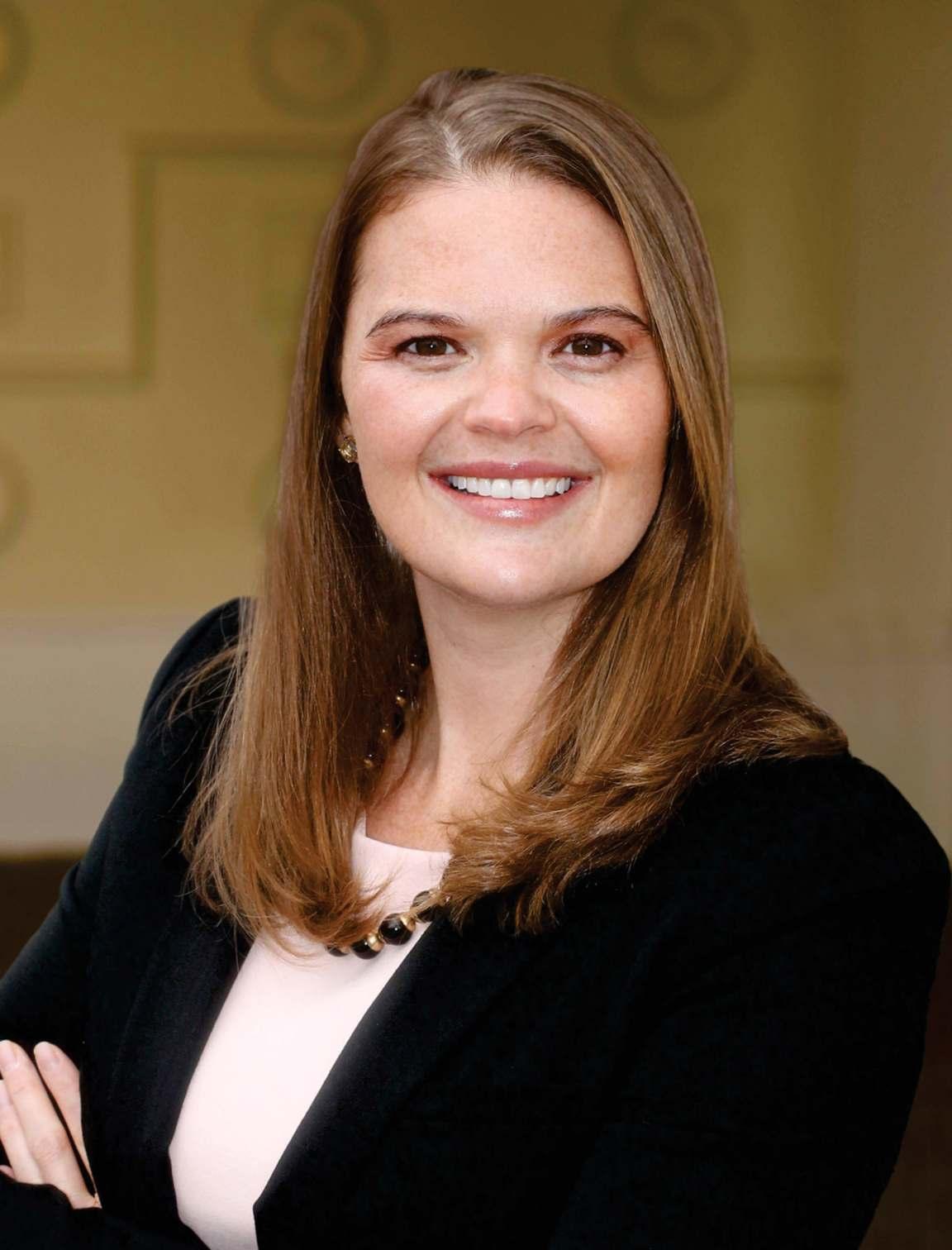
create new and unique opportunities, and they also encouraged me to continue to reach further. My leadership skills were honed early in my life through my girl scout troop, where I worked with fellow girl scouts to develop community projects and to learn key life-long skills.
What prompted your interest and subsequently your foray into the legal space?
My desire to pursue a legal career began before I was born, with my father owning his own law practice. In a sense, I grew up surrounded by the law, the people who work in the law, and the unique challenges lawyers are privileged to address. Through this early exposure, I continued to �ind the law incredibly interesting. I liked the challenge of reading a rule and �inding ways to interpret and apply that law. It felt like a natural step to become a lawyer.
Being the Global Privacy Team Lead, what role do you play in the day-to-day proceedings of the company?
Each member of our team is a pivotal part of our day-to-day operations. I see my core role as two-fold: �irst, to work through any roadblocks for the team. Roadblocks could result from a need to research issues, organizing workloads, or addressing client expectations. Secondly, my role involves interfacing with clients on strategic initiatives and continuing to �ind opportunities for us to provide value to those clients. Both roles go hand-in-hand and require a sound knowledge of the law and the business.
Talk to us about Octillo and what makes it stand out as a leading technology law �irm?
Octillo is unique, both in the area of law it focuses on, as well as in the way we practice law. First, Octillo is a remote-based law �irm that focuses exclusively on data privacy, cybersecurity, and technology law. Our �irm provides legal insight and guidance in regulatory compliance, incident response, and complex litigation. Second, we understand that our clients are businesses with strategic initiatives and goals. We strive to develop creative solutions, both in how we solve problems and in how we relate to our clients and
provide our services. We use alternative pricing models that �it a wide range of needs, allowing us to be a value-added partner for all our clients, regardless of size, industry, or legal ask.
Looking back at your journey, what would you have done different when starting out?
Honestly, I feel incredibly grateful for my journey, both the ups and downs. One thing I continue to work on is trusting myself and my own unique entrepreneurial path. It may not look like the careers of my colleagues or law school classmates and that is completely �ine. In fact,
Finally, what does the future look like for you and Octillo?
The most exciting aspect of Octillo is that we are poised to really harness some unique opportunities in the future. We have an incredible team that is genuine, engaged, and prepared to address this incredibly dynamic and fast-paced area of the law. Our embrace of technology will allow us to continue to reimagine the way we practice law and provide key support to our clients to prepare for and address new regulatory spaces, changing technology, and an increasingly global economy.Theunknowninthisareaofthelawis bothscaryandexciting,butourteamisreadyto embracewhatevercomesnext.
it allows me to really embrace my creativity to think out of the box and go for something completely new.
What would be your advice for aspiring and emerging leaders in the legal space?

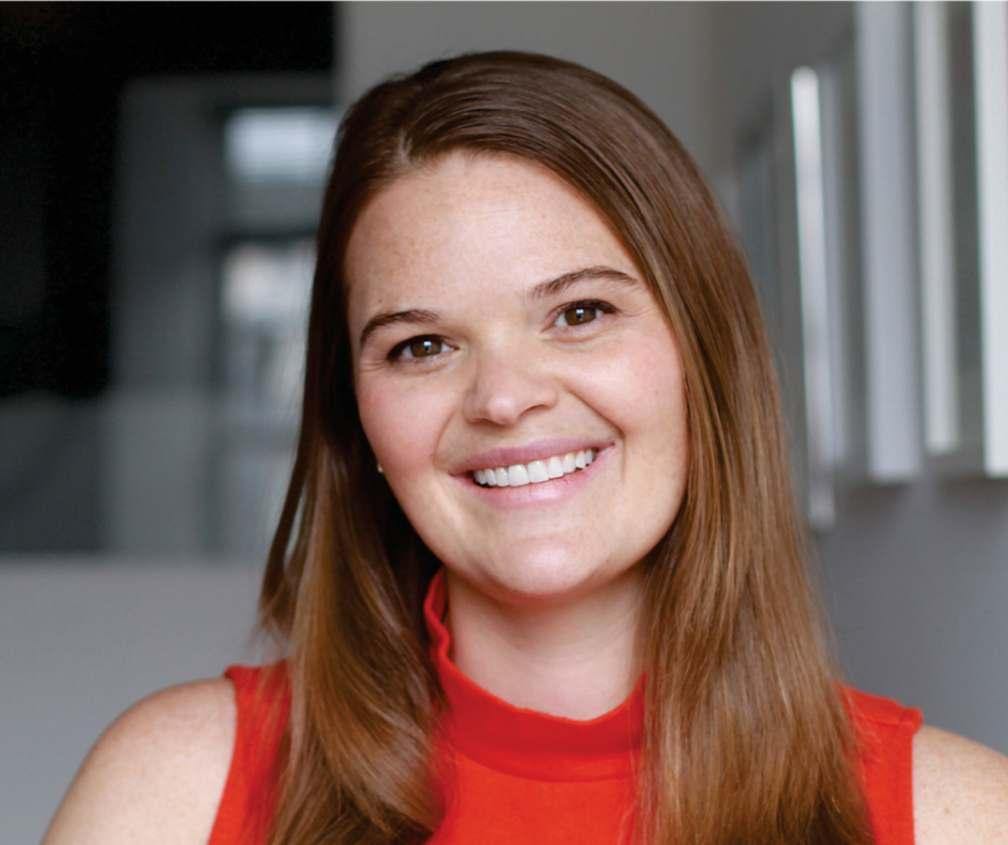
Take the leap. It feels incredibly scary, and impossible, but it is the most rewarding experience. I have
learned so many new skills and experienced opportunities I never could have imagined had I not taken that leap. And, I have met incredible, generous people who have provided support to me in innumerable ways. This community is what I am so thankful for and those people I may never have met had I not taken the leap of faith in myself. Many members of this legal, technology, cybersecurity, and
privacy community played and continue to play a key role in my everyday growth and evolution as a lawyer, entrepreneur, and leader. I am forever grateful for this.

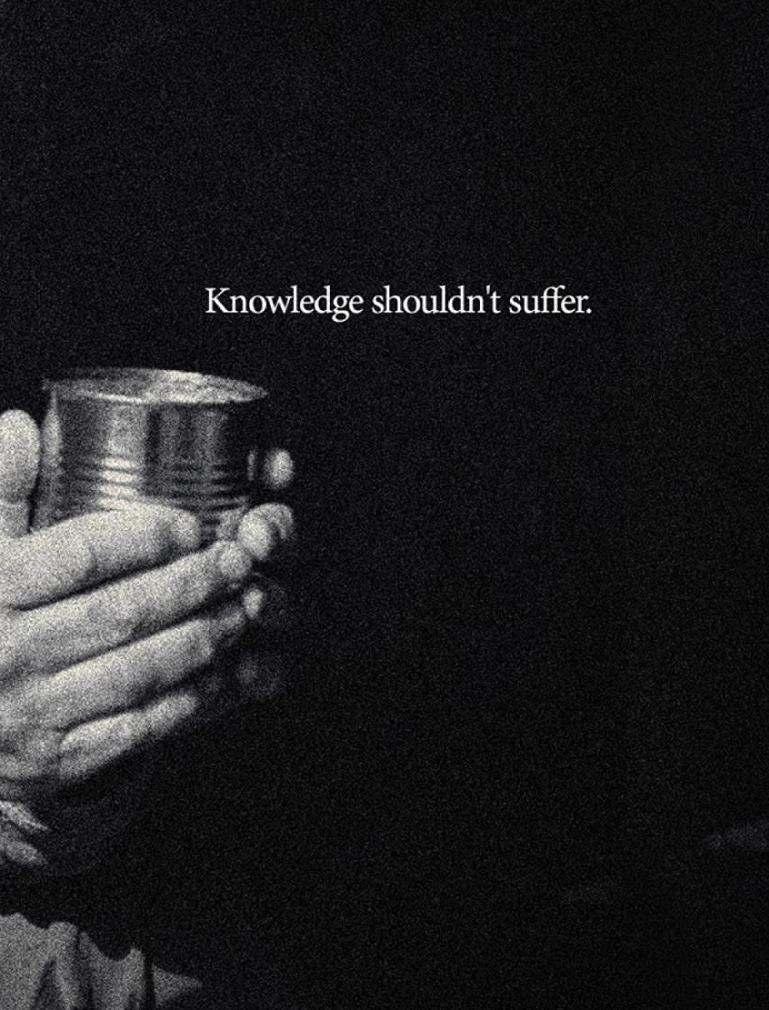

he world has been moving through times of great transitions, leading it to be �illed with both
T opportunities and challenges. In these times of transition, it takes a unique leader to not just meet these demands but deliver a better future and progress. These leaders are proactive in nature and understand the need to capitalize on the change in order to get ahead of others.
Veronica Bay is a perfect example of such a pioneer leader who capitalized on her understanding of the travel industry and created a concierge agency that offers a complete service catering to high-end clients.
In the following interview with Exeleon Magazine, Veronica talks about her love for being an outgoing person and how that personality trait helped her become a pioneer in the Business Concierge Services Industry.
What according to you makes one a pioneering leader? How do you integrate the same thought into your leadership?
I believe that a PIONEERING leader is a courageous and open-minded person that expands beyond conventional vision. That allows him or her create a unique brand and reach new heights in providing extraordinary customer service.
Founding an internationally operated Concierge service I was challenged to keep my mind, eyes and ears open to anticipate customer's needs. Many concierge services offer a number of leisure and lifestyle services, but we aimed to go beyond that. Our high-pro�ile clientele needs a comprehensive service portfolio that covers everything regarding their leisure with no exception.
Entertaining, corporate, and private party are often neglected or left for club promoters. The Only Intl had been founded to cover this niche. We take care of high-end entertainment up to a very small detail: from private aviation to villa rental and boat charter, ground transportation, private chef, DJ, party models, massage, security, table
reservations and much more. We are happy to welcome families, but I used to say that we are a Wolf of Wall Street type of party markers. Our clients work hard and party harder, they know exactly what they want, and we are con�ident to cater to their needs.
Talk to us about your growing up years. What is your earliest memory as a leader/entrepreneur that you can remember?
I had always been an outgoing kid. My Mother recalls that I have learned talking before I could walk and I used to loudly introduce myself from mother's lap to everyone eager to listen. Through the middle school I was popular being an athlete and a class leader. Since my teen age I had taken charge of my life by traveling the world and making unconventional decisions such as choosing �ilm directing as a trade, making an award-making �ilm The Outsider in a developing country of Morocco, traveling the world and �inally founding The Only International, an agency for HNWI that reinvents concierge services.
What led to the start of a luxury concierge? What was the idea behind the name of the venture?
I used to date a gentleman who is well-off and shares my passion for traveling. We visited many countries and stayed in the best hotels and villas worldwide. I have developed a taste for luxury real estate, upscale restaurants, and yachting. But overall, I had been smitten with the highest standards of service that I have observed at the iconic hospitality and entertainment venues. I learned that every detail matters: from a scent at a luxury hotel entrance, to Egyptian cotton bedding, light and sound design in top restaurants, wine selection, staff training and much more.
Following my travel adventures on Instagram @veronica_bay_travel my friends kept asking for advice on where to stay and best places to dine in Tulum, to get access to the hottest beach and night clubs, pull a lastminute villa or a yacht booking in Mykonos and so on.
That is how I decided to create a concierge agency that will provide a 360 degrees service that caters for demanding players and operated under the slogan: Whatever, Whenever, Wherever.
The Only Intl brand ultimately re�lects our mission of serving all the clients' needs: from villa rental and boat charter to private air and ground transportation, ultimate venue bookings, private parties, catering and chef services, security, party entertainment and much more. A client �inds everything in one place and does not need to go elsewhere.
What are the various factors and challenges that one needs to focus on when arranging such an elaborate service?
The Only internationals caters for successful and sophisticated clients who are leisure connoisseurs. This elite clientele is used to only the best things in life and regularly entertain friends and business partners in luxury premises, restaurants, and yachts all over the world. To keep up with elevated requests and stand out from the completion The Only Intl has become an everexpanding and ever-developing project. We constantly acquire new suppliers and extending our service scope. Constant progress is the only way to stand out and remain relevant in a fast-changing market of hospitality and leisure.
Being a fashion photographer, educator, public speaker, �ilmmaker, entrepreneur, among others,
I don't have any (laughs). I am a workaholic and I have a kick from accomplishing yet another set goal. I am very competitive and being n1 in what I do is extremely important for me. I am aware that in order to stay healthy I should perhaps take more time off but I don't see it in a foreseeable future.
What has the journey been like for Veronica Bay over the years? Looking back, what would you have done differently if you were to start again?
Generally, I live by the motto 'no regrets' but if I could change the past, I wish to spend more time with my family and learn better work/life balance. However, the journey was amazing, and I have enjoyed every bit of it. I am type of a person who would rather live on edge then lead a boring life. 9 to 5 of�ice is certainly not my cup of tea. I'm grateful for being able to travel, meet new exciting people, grow personally and professionally, change… My journey is exciting and I'm well enjoying the ride.
What has been the biggest roadblock during your journey? What has been your biggest learning?
I don't really believe in roadblocks of external nature… I only believe that delays in one's journey are caused by his or her laziness or fear. I don't see any other reasons for a drawback. Also, one can get stuck in or keep coming back to unfavorable circumstances to learn a lesson that must be learned before moving forward.
I'm not an exception. One of my roadblocks is my obsession with work. I may lose sleep and neglect healthy food and workouts when I'm engaged in a project emotionally. That breaks work/life balance and affects me badly on a long run. Both for professional success and maintaining healthy lifestyle I must learn to balance things up.
Another big learning, I have discovered is that the world will not collapse because of a failure. And that is exactly how it feels to a competitive perfectionist like me. In fact, a failure might be seen back as an experience, a valuable knowledge that helps to build future success. Now I'm learning that when I can't change a situation, I have to let it go and trust the Universe.

“I believe that a pioneering leader is a courageous and open-minded person that expands beyond conventional vision. That allows him or her create a unique brand and reach new heights in providing extraordinary customer service.”

Finally, what does the future look like for you and The Only International?
I am very excited for the future of The Only Intl as it looks bright to me, and the sky is the limit. We are currently expanding into Dubai real estate, bringing amazing investment opportunities to our clients. We are working with UAE's most established and trusted property developers and are thrilled to be a part of client's wealth-building journey.
Along with new property investment opportunities we
continue expanding our books of Mykonos and Tulum villas for vacation rentals, Boat charters, a scope of vacation services, including access to best restaurants and entertainment venues.
Photo: Olga Mordach@olga_mordach
HMUA: Dasha Kuzmina @dashakuzmina www.theonly-international.com

The industrialist Andrew Carnegie once said, "Teamwork is the ability to work together toward a common vision. The ability to direct individual accomplishments toward organizational objectives. It is the fuel that allows common people to attain uncommon results.”
True, perhaps, but not always so. Teams can also lead otherwise productive individuals to wither and burn, to crack, break, and shatter. What distinguishes Carnegie's hopeful team's outcomes from the dreary and painful?
To be sure, teamwork is a complex, multi-faceted phenomenon, and so explanations for team outcomes bely a singular explanation. And yet, in an ever more global world, the diversity of teams – or its lack thereof – is a vital predictor of team success.

Does then diversity improve team performance, or does it harm team performance? Somewhat unfortunately, “yes” seems the best answer. Before exploring the ways in which diversity may both harm and help a team, a brief excursion to consider exactly what is meant by diversity is useful.












UT Austin's David Harrison and colleagues conceptualize diversity at the surface level and at the deep level. Surface level diversity is that diversity which is quickly and readily apparent. This is the diversity of the young and the wizened coming coming together, the accents of different ethnicities, the visible manifestations of gender or race.
By contrast, deep level diversity is rather sneakier – a team may exhibit very little surface level diversity but may over time come to recognize its differences across various psycho-social spectrums. You are an extrovert; I an introvert. His values differ from her values, her behaviors are at odds with his. These deep level differences may be invisible during early interactions, but the longer a team works together, the more familiar each becomes of the others' little peccadillos.

At �irst glance it may appear that surface level differences ought to cause teams the biggest headaches. And indeed, they do. In the absence of signi�icant deep level differences, however, the timeline is brief. Imagine that you and I come together with a kaleidoscope of surface level differences – differences in age, gender, nationality, religion, perhaps even different roles and responsibilities in the organization. The similarity-attraction theory holds that initially, we may not much take to one another.
This theory proposes that we humans tend to prefer that which is similar, and to disdain that which is different (lest we judge our species too harshly, suf�ice it to say that this preference has evolutionary roots, roots which arguably serve us less with each globalizing day).
But then imagine that as it happens, our surface levels differences mask deep level similarities. We both are big St. Louis Cardinals baseball fans; we support the same national politicians; our sense of morality overlaps; and heck, we both love cruise ships despite their icky reputation. Before long, the two of us are getting along splendidly, having long ago intuited that those surface level differences matter little amidst similarities that go
more to our senses of identity.

What really matters, therefore, are those surface level differences. Take the reverse situation. Initially two teammates seem to have much in common at the surface level. Similarity attraction bias acts to magnetically attract the two, and all assume a friendship or at least collegial relationship is fast budding. But as deep level difference after deep level difference rises to the surface, the relationship begins to fray.
The research offers us this, therefore: surface level differences initially disrupt team harmony, but over time matters less and less. By contrast, deep level differences initially matter little, but disrupt team harmony more over time
The takeaway may appear obvious: to avoid deep level differences. Alas, such a takeaway would ignore a vital strand of research. That while deep level differences do indeed tend to harm teams, they also tend to improve team outcomes much more than does surface level diversity.
All of that deep level diversity allows team members to learn from one another, to better explore decision making paradigms, and to exchange a greater quantity and quality of information. In and of itself, for instance, differences in team members' ages or ethnicities offer little; but when those differences in age and ethnicity lead to dramatically juxtaposing life experiences, or when other deep level differences do so, now the team has a rather more diverse set of opinions and ideas to view decisions from all perspectives.
The problem is that deep level differences may prevent the sort of communication needed to leverage such learning opportunities. Similarly, surface level differences may prevent team members from learning enough about one another to recognize that despite their surface level differences, and perhaps despite deep level differences, they also have deep level similarities.
The challenge for teams, therefore, is to avoid the potential con�licts arising from diversity, and to thereby gain access to the goldmine that is a
deeply diverse team. The SimilarityAttraction Bias offers insights as to how, exactly, we can do this.
I spoke to Doug Mattheus, the senior marketing executive at telecommunications company Cell C until 2019, and now an independent consultant and professor at Nelson Mandela University. He explained to me that while working for Firestone Tire in post-Apartheid South Africa, during the heady days surrounding Nelson Mandela's election to President, Firestone provided diversity training to its employees. Mattheus explains that a psychologist divided the group into partners based on surface level differences: this man with that woman, that white South African with that black South African, and so forth.
Then, the trainer asked the partners to converse and aim to discover what characteristics they held in common. While all of the partners engaged in the activity, Mattheus recalls two individuals in particular. These two individuals were over�lowing with surface level differences: one male and one female, one a white and one a black South African, one a senior organizational member and the other a lowlevel worker. But now both were crying.
30-odd years later, Mattheus felt the goosebumps rising as he tells the story. It turned out that the partnered professionals were each the parent of a developmentally disabled child. Did their surface level differences matter in the face of this realization? Of course not. They now shared something, something deep, that far exceeded the import of such surface levels characteristics.
This is the similarity-attraction bias at work for us. Far from allowing the bias to manipulate us into a place of separation, that psychologist working for Cell C leveraged
the bias by helping trainees to identify similarities that would prove more important than differences.
The psychologist Jonathan Haidt, similarly, advised that surface level differences may be “drowned in a sea of similarities.” He was correct, in part. We ought indeed to highlight similarities, though to “drown” our differences may not quite hit the mark. Rather, we ought to highlight similarities, but use the similarity-attraction bias to create the space for embracing differences, too. Only then do we facilitate a working relationship that is based on mutual attraction, while also learning and bene�iting from each other's differences.
While Mattheus' story is powerful, it is admittedly anecdotal. As researchers like to say, it has an n of 1 - a sample size of just one person, hardly suf�icient to generalize at large. Psychologist Jerry Burger tested this proposition, however, and his �indings are perhaps even more provocative.

In the study, research participants complete a psychological survey, which they are made to believe is the focus of the study. The real study, however, came later – as participants were exiting the study, another would-be study participant working undercover for the researchers asked if the participant would be willing to read his 8-page essay, providing one page of feedback within 24 hours. Somewhat surprisingly, 48% agreed.
This represented the control group. A second group of participants were subjected to the same procedure, but during the purported psychological study were told that they shared a Type-E �ingerprint with another research participant. This is not surprising, they were told; approximately 80% of the population has Type-E �ingerprints. Leaving the research study later, lo and behold their �ingerprint twin comes approaching – asking as before whether the participant would review his eight-page paper and return the notes

within 24 hours. This time, 55% agree – a slight increase but not a statistically signi�icant one.
The real breakthrough came in study three. This time, the participant is again told that he shares type-E �ingerprints with the undercover research participant, but now he is told that only 2% of the population has these same prints. Approached to review the essay by the �ingerprint friend, now a full 82% agree to review the essay.
The study suggests that, as Wharton's Adam Grant once put it, we don't simply highlight commonalities. We highlight “uncommon commonalities”. Paired with Mattheus' story from Cell C, we might also seek to highlight important commonalities (which presumably the Type-E �ingerprints were not).
In creating the terms by which team members may communicate and recognize uncommon commonalities, and important ones too, organizations play a key role. The risk is that employees never reach this vital place of communication, and this is most likely to happen when employees are too blinded by their prejudices and stereotypes to recognize the multitude of commonalities that all of us humans inevitably share.
Organizations, therefore, ought to play an active role in facilitating an environment not just of diversity, but of diversity and inclusion. An inclusive environment is one in which cultural and other differences are embraced; in which differences are seen as opportunities for learning, for personal growth, and for achieving excellence. By championing diversity, by ensuring employees recognize the potential value when opting into diverse teams, the foundation is laid for just the sort of breakthroughs seen by Mattheus, and in the Burger study.
Dr. Thomas J. Bussen , with a Doctorate of Busines Administration, JD, and MBA, is an Assistant Teaching Professor at Miami University in Oxford, Ohio, and a cross-cultural management scholar. He is the author of several cross-cultural books, including Shaping the Global Leader (2019).
His latest book, Enlightened Self Interest: Individualism, Community, and the Common Good (coming in 2023, Georgetown University Press), makes the case for a more inclusive and globally minded professional ideology.
